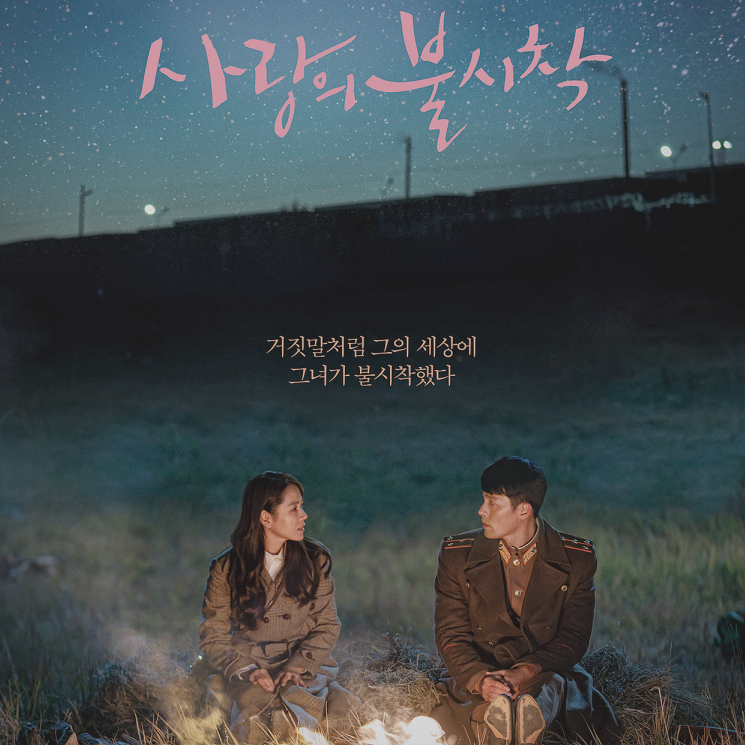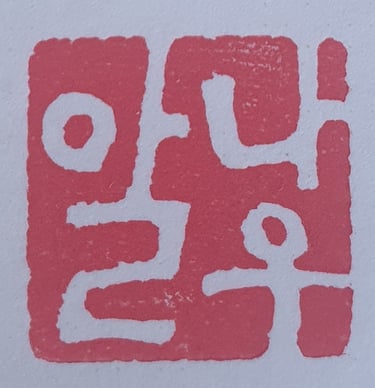The Korean War
A fratricidal conflict
In 1950, just five years after Korea’s liberation from Japanese rule, the country plunged into a devastating war. The Korean War (1950-1953) was more than just a civil war—it became a proxy battle of the Cold War, permanently dividing the peninsula into two opposing nations.
The origins of division
After Japan’s defeat in 1945, Korea was split into two occupation zones: the North under Soviet control and the South under American administration. By 1948, this temporary division led to the creation of two rival states: the Republic of Korea (South Korea), led by Syngman Rhee, and the Democratic People’s Republic of Korea (North Korea), under Kim Il-sung.
Tensions escalated quickly, and on June 25, 1950, North Korea launched a massive invasion, crossing the 38th parallel in an attempt to reunify the peninsula by force.
An internationally backed war
In response, the United States and the United Nations intervened to support the South, sending troops under American command. Meanwhile, China and the Soviet Union backed the North, turning the conflict into a Cold War battleground between the Western bloc and the Communist bloc.
After rapid territorial shifts, the war turned into a bloody stalemate by 1951, with brutal trench warfare and massive casualties on both sides.
A ceasefire, but no peace
In 1953, after three years of fierce fighting, an armistice was signed in Panmunjom, restoring the border at the 38th parallel. However, no official peace treaty was ever signed, and the tensions between North and South Korea remain to this day.
The consequences of an unfinished war
The Korean War left the country devastated, with millions of casualties and an irreparable divide between North and South. North Korea remained a closed and authoritarian regime, while South Korea, despite periods of dictatorship, began its path toward economic and democratic growth.
Even today, the 38th parallel remains one of the most heavily militarized borders in the world, a stark reminder that despite the absence of active war, the conflict has never truly ended.
Many dramas deal with this subject, including Lee Jeong-hyo's "Crash Landing on You," which addresses it without provocation, evoking above all the rift and the undeniable desire of both sides for a reunified Korea.



